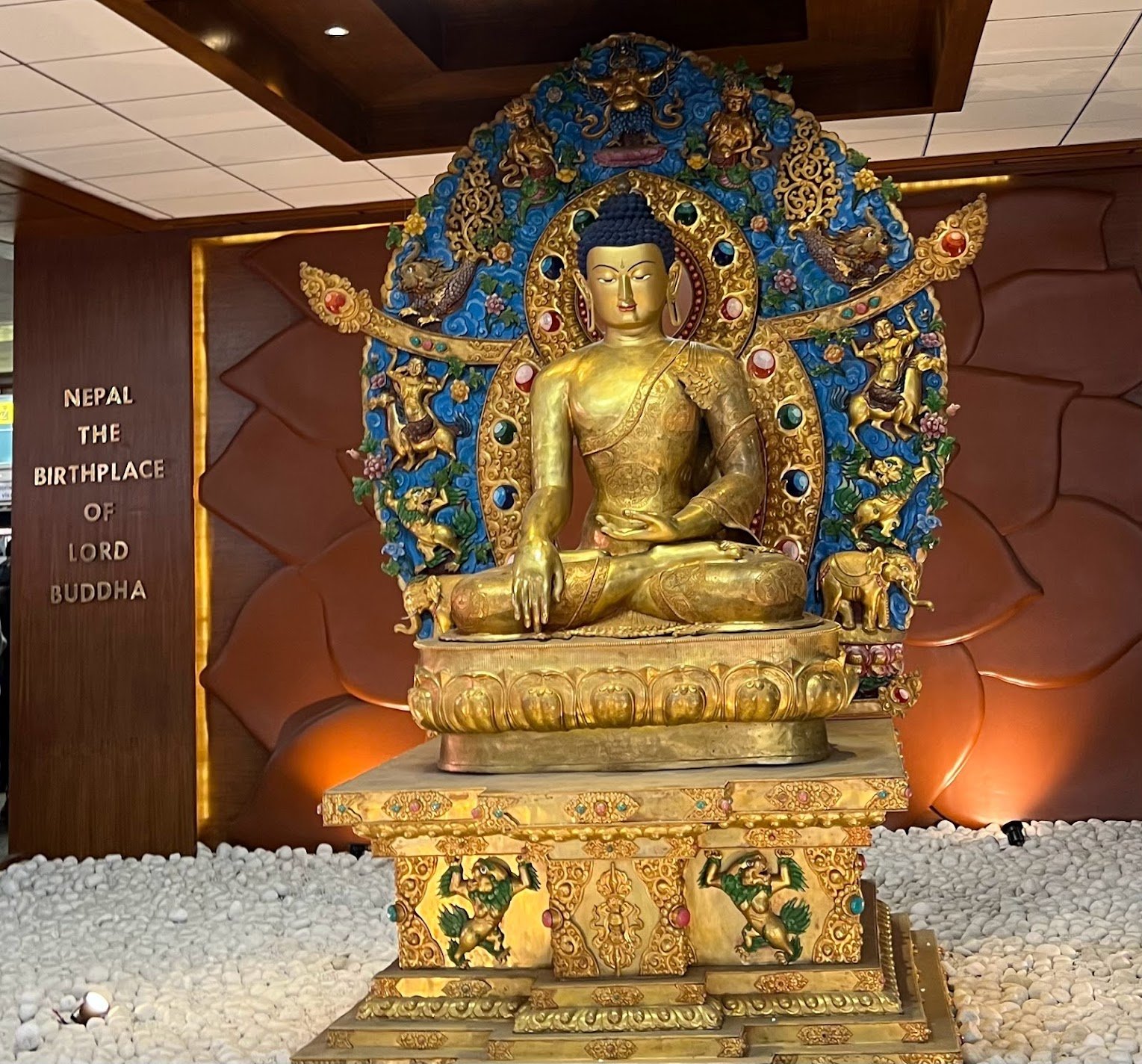Nepal. Still Processing.
I really don’t know how I feel about Nepal. On one hand we had an amazing time exploring (albeit a fraction of) the country from Kathmandu and Bandipur to Pokhara and Chitwan.
We never made it to east to see Mount Everest (8,848m/29,031ft; the highest point on Earth), but did hike to the top of Sarangkot at sunrise to see the light crest over the tops of Dhaulagiri (8,167m/26,794ft; 7th highest mountain in the world), Manaslu (8,163m/26,781ft; 8th highest), and Annapurna (8,091m/26,545ft; 10th highest).
Though most go to Nepal to hike these record-holding mountains, that was never our intent. In fact, Nepal was a late addition to our itinerary. With most of Asia still closed to tourists due to COVID, Nepal appealed to us as a way to dip our toes into a crossroads between two countries we would not see on this trip - China and India.
We were excited to learn more about Nepal’s two main religions Hinduism (81% of the country follows) and Buddhism (9%) and immerse ourselves in the culture and flavors of Nepal.




























What we weren’t prepared for was the chaos of Kathmandu - far more hectic than Nairobi or Sicily. Perhaps on par with Tirana, Albania, but much poorer and much dirtier. People, cars, motorbikes, bicycles, animals, all converge on the roadways and intersections at once. Traffic lanes, laws, and norms all appear to be loose suggestions and the game of chicken is a frequent sport played between brightly colored trucks and death-defying motorists, mostly on motorcycles carrying between 1 to 5 people.
The trash was really the most striking though. It was everywhere and it really made me struggle to fully appreciate the people or the country. Yes, everyone was incredibly nice. Yes, there were beautiful temples. Yes, the food was delicious. But I could not get over the complete disregard for the environment. I know you cannot simply judge people for the choices they make without understanding the choices they have. I’m sure the sanitation system is incredibly poor, but people throw their trash everywhere and anywhere.
While rafting we saw a women dump a bag of trash down the side of the mountain. While hiking, we saw wrappers of all kinds along the path and at the summit, despite the fact there were empty trash cans nearby. Even at sacred temples where people actively worship or monks live, there was trash. It was mindboggling and so frustrating.
Add to it the high number of people who don’t work, but live off the money family members working abroad send back to them (remittances is the number one revenue source in the country, even before tourism, even in non-COVID times), and it is hard to understand why people who seem to have available time don’t take it to make the area around them clean from trash.
To be fair, this was the worst in Kathmandu, the capital, and less severe once we got out of the city, but still it was there and detracted from the natural beauty of the country and the warmth of the people in ways I can’t quite let go.


















